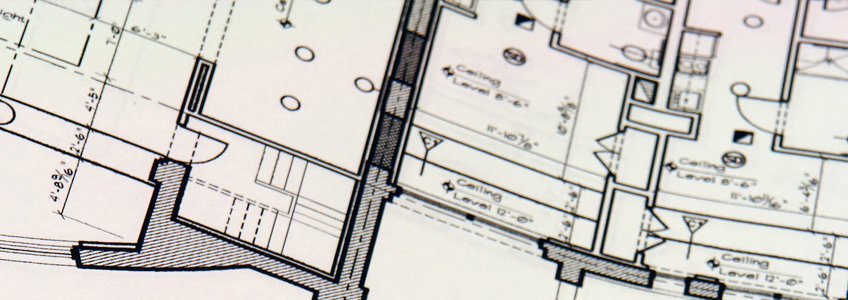The Legal Perspective on Technical Documents in the Construction IndustryA lawyer adds value to a project by applying his or her unique knowledge of legal principles and industry experience to the particular circumstances of a client's business. In the construction industry, the substance of an agreement between an owner and its contractor is often found in the technical specifications and detailed scopes of work that are attached to standard form terms and conditions. In practice, technical specifications and detailed scopes of work are developed by engineering and design professionals who intend that their work will be read and clearly understood by their counterparts. However, in circumstances where disagreements arise (particularly where a contractor's right to a change order is disputed) and the parties are motivated to question the underlying (sometimes unwritten) assumptions on which the technical specifications and detailed scopes of work are based, both parties can find themselves in a tenuous legal position. An experienced construction lawyer can assist owners and contractors in developing technical specifications and detailed scopes of work in the following respects:
Working together, lawyers and design and engineering professionals can develop technical specifications and scopes of work that are clear, comprehensive and legally sound. Please note that this publication presents an overview of notable legal trends and related updates. It is intended for informational purposes and not as a replacement for detailed legal advice. If you need guidance tailored to your specific circumstances, please contact one of the authors to explore how we can help you navigate your legal needs. For permission to republish this or any other publication, contact Amrita Kochhar at kochhara@bennettjones.com. |

Blog






